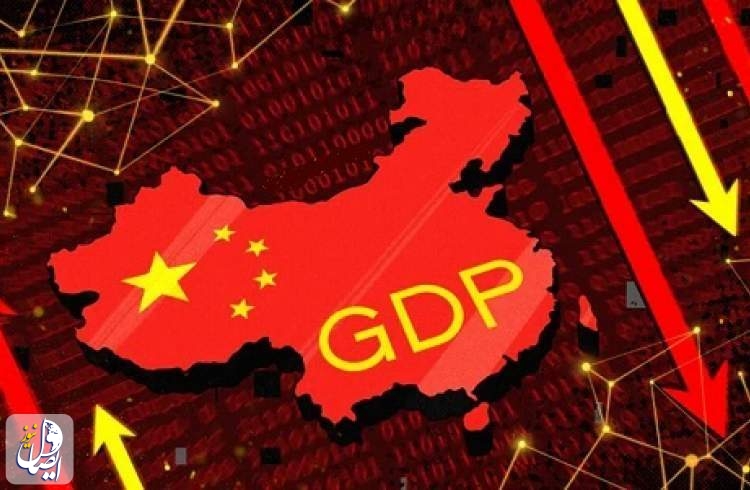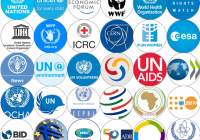Global investment banks Standard Chartered, Goldman Sachs and Nomura have all cut their 2022 economic growth forecasts for China. New coronavirus outbreaks and downward pressure on the real estate market are chief reasons China’s economic recovery is losing steam.
- Red Sea shipping crisis stokes further inflation fears
- HSBC’s Profit Sinks on $3 Billion Impairment on Chinese Bank
- Russia completes grain deliveries to six poorest African countries
- Iran-Venezuela trade volume can increase to $10 billion in 1st step, $20 billion in 2nd step: President Raisi
- Will Singapore, Hong Kong step up crypto scrutiny as US cracks down on Binance, Coinbase?
- US Congress averts historic default, approves debt-limit suspension
- Fed plans broad revamp of bank oversight
- Meta posts 3% rise in Q1 earnings above experts’ expectations
- AI could automate as many as 300 million full-time jobs
- Elon Musk says US default is a matter of time








